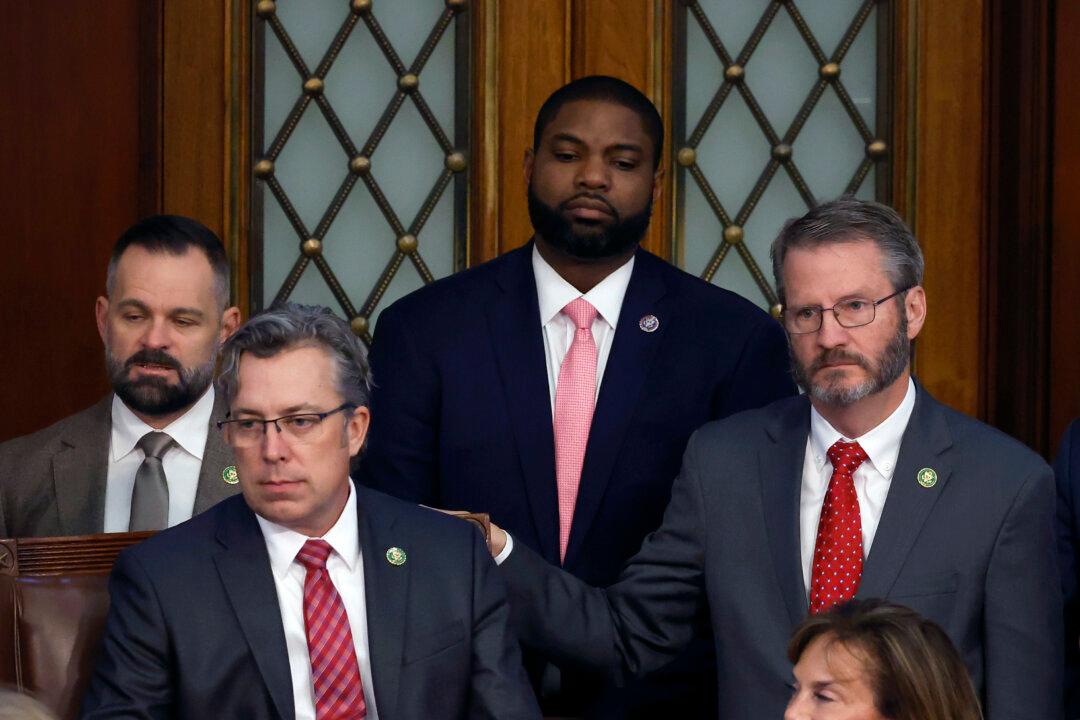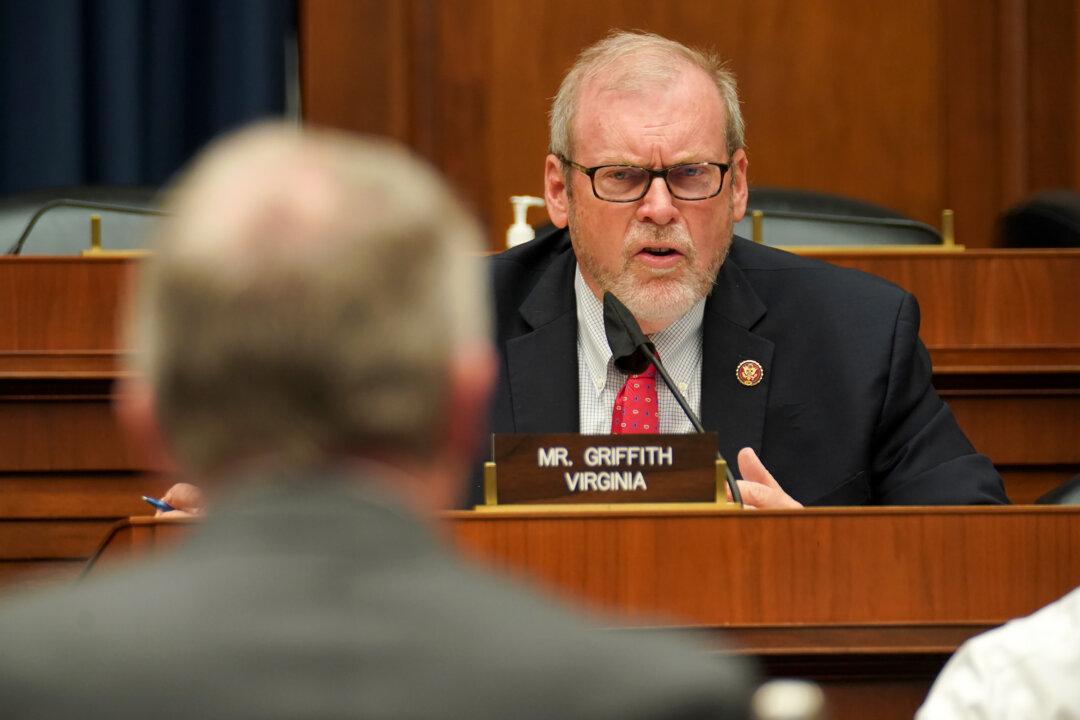The word “shutdown” has been bandied about Capitol Hill as the standoff over raising the nation’s debt ceiling has morphed into an appropriations battle in the House between hardline Republicans and Democrats.
An outline for 2024 federal spending was hammered out in negotiations between Speaker Kevin McCarthy (R-Calif.) and President Joe Biden, culminating in the bipartisan passage of the Fiscal Responsibility Act. The bill was signed into law on June 3, ending a four-month standoff over federal spending.





